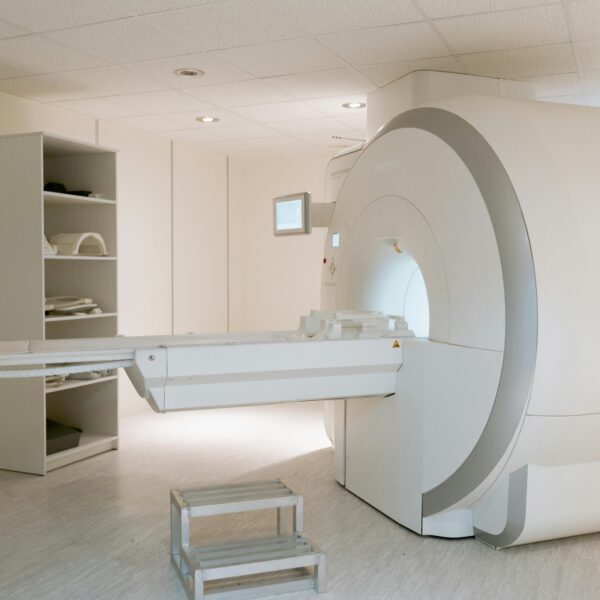In today’s fast-paced and physically demanding job market, it is crucial to recognize the significance of taking breaks during active and physically demanding work. This is even more so when you consider the time of year we are in. With the holidays around the corner and the threat of burnout looming overhead, breaks play a vital role in maintaining productivity, overall well-being, and job satisfaction. By allowing employees to rest and recharge, breaks can significantly enhance both mental and physical performance.
Physical work often requires repetitive movements, strength, and endurance. Without sufficient breaks, muscles can become fatigued, leading to decreased efficiency and an increased risk of injury. Taking regular breaks allows workers to recover from physical exertion, reducing the likelihood of strain or overuse injuries.
Moreover, breaks provide an opportunity for mental rejuvenation. Engaging in physically demanding tasks can be mentally draining as well. Continuous focus on repetitive tasks can lead to a decline in cognitive function, attention span, and decision-making abilities. By taking regular breaks throughout the day, workers can give their minds a chance to relax and reset.
Relaxing Your Body
Even in physically active jobs, it is important to make sure that the body is properly prepared to work all day. That being said, not every workplace makes it easy to find the space or time to take care of yourself, so consider weaving some of these simple changes into your break times to ensure that you are properly taking care of yourself.
- Stretching exercises during breaks can help relieve muscle tension and stiffness caused by sitting for long periods. They can also improve blood circulation, increase flexibility, and promote better posture. In healthcare settings, it can be dangerous to simply relax in the hallways, so take some time in a breakroom to stretch and reset yourself for the day.
- Simple cardio exercises like jumping jacks, jogging in place, or a short walk can all be very beneficial. Many hospitals have walking paths that are safe for patients to use, so try working along that route during your break. These activities not only get your blood flowing but also help boost energy levels and enhance cognitive function.
- Exercise different body parts in order to prevent strain or fatigue on the muscles you use for repetitive tasks. For those with active jobs that require physical movement throughout the day, taking a break from repetitive tasks by engaging in different activities can be equally beneficial.
- Eat right and stay hydrated. Taking care of your body goes beyond stretching and working out. What you consume can also play a big role in how your body holds up against strain. Drinking water regularly and eating complex carbohydrates, like granola bars, that release energy slowly over time are great ways to care for yourself while in an active workplace.
Relaxing Your Mind
Finding moments of relaxation and stress relief is crucial for maintaining overall well-being. Mindfulness techniques, such as meditation and mental relaxation exercises, offer effective ways to recharge and find inner peace during breaks. By incorporating these practices into their routine, active workers can enhance their productivity, reduce stress levels, and improve their overall mental health.
- Take time to relax your mind, especially vital in roles where the work you do can be emotionally or mentally draining. Giving yourself time to recollect and prepare yourself for the rest of the day can be the difference between a bad moment and a bad day. Using noise canceling headphones can make mindful practices like this easy to do just about anywhere, in even a busy hospital or outpatient clinic.
- Change your surroundings and move to spend time outside. Research has shown that being outdoors can enhance mood and reduce stress levels. Exposure to natural light also helps regulate sleep patterns and boosts Vitamin D levels, which is crucial for overall health.
- Pursuing hobbies can be a great way to unwind as well. Engaging in creative activities not only provides a much-needed mental break but also allows individuals to tap into their artistic side and foster a sense of accomplishment. Drawing and writing are portable and simple hobbies that can be enjoyed anywhere, even on a short break.











